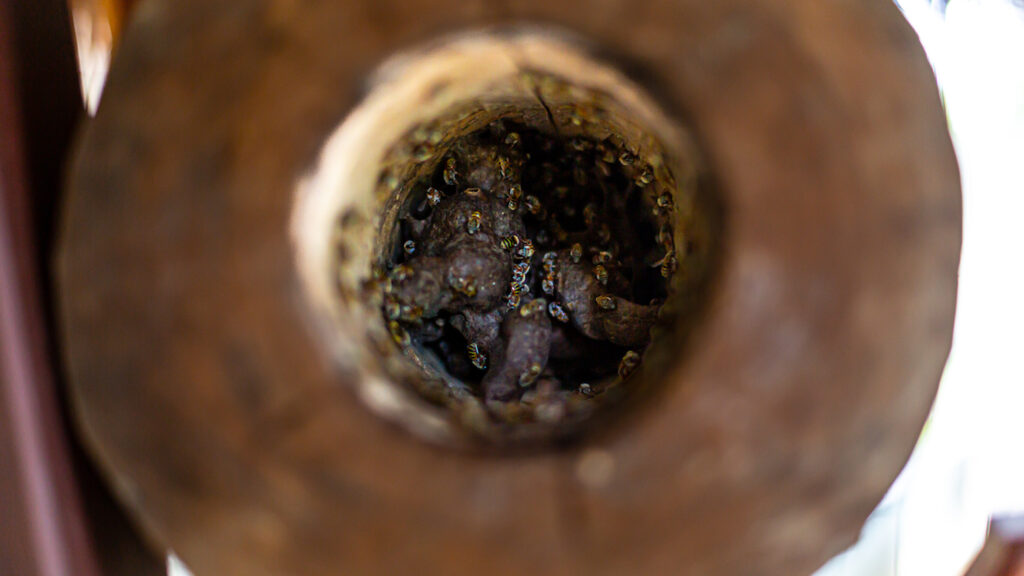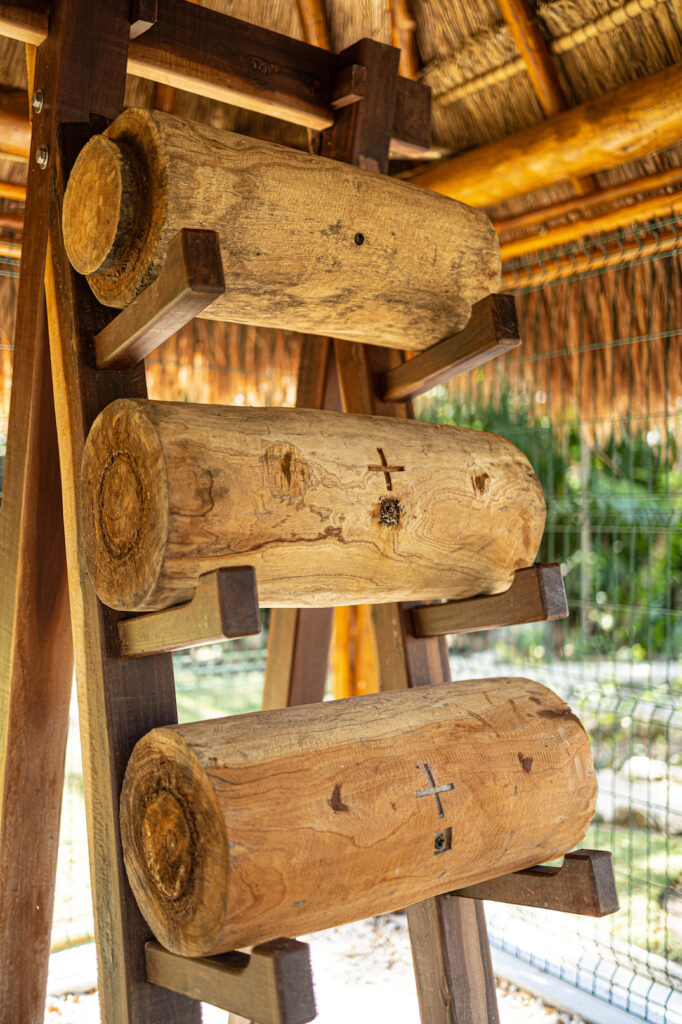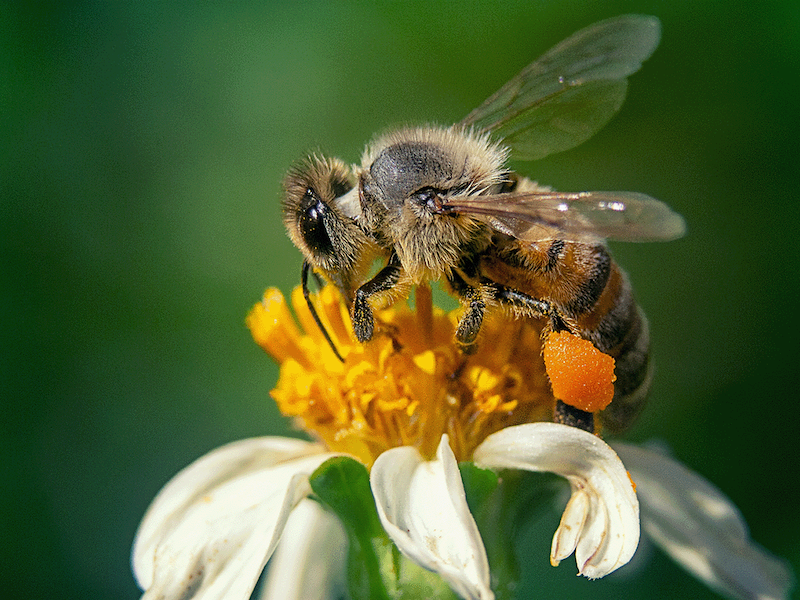Named "The World's Most Important Animals" by the Royal Geographical Society of London and the Earthwatch Institute, bees play a vital role in the pollination cycle involved in the production of over 75% of the food we consume globally. Pollination supports crop production, wild plant diversity, ecosystem balance, healthy soils, and the clean air we breathe. Butterflies, birds such as hummingbirds, and bats are added to this work.
At Velas Resorts we have the honor to host not only our dear guests, but also an important number of bees that make a stop from their long journeys and provide a comfortable space to rest and enjoy the weather, the vegetation, and of course the food our flowers offer. Both Riviera Nayarit and Riviera Maya are characterized by their friendly climates so that various species of animals and insects can have favorable life cycles. Do you mind if we go deeper on this topic?
More about bees
In Mexico alone, beekeeping generates around 100,000 direct jobs and produces more than 57 tons of honey per year. Did you know that in this country, there are about 2,000 different species of bees, 46 of which do not have a sting? Impressive!
The work of apiaries is essential to take care of bees and the production of honey, royal jelly, propolis, wax and pollen, but they also constitute a virtuous circle. At Velas Resorts we promote sustainable commerce and incorporate honey from local producers in our gastronomic offer and in SE Spa treatments.
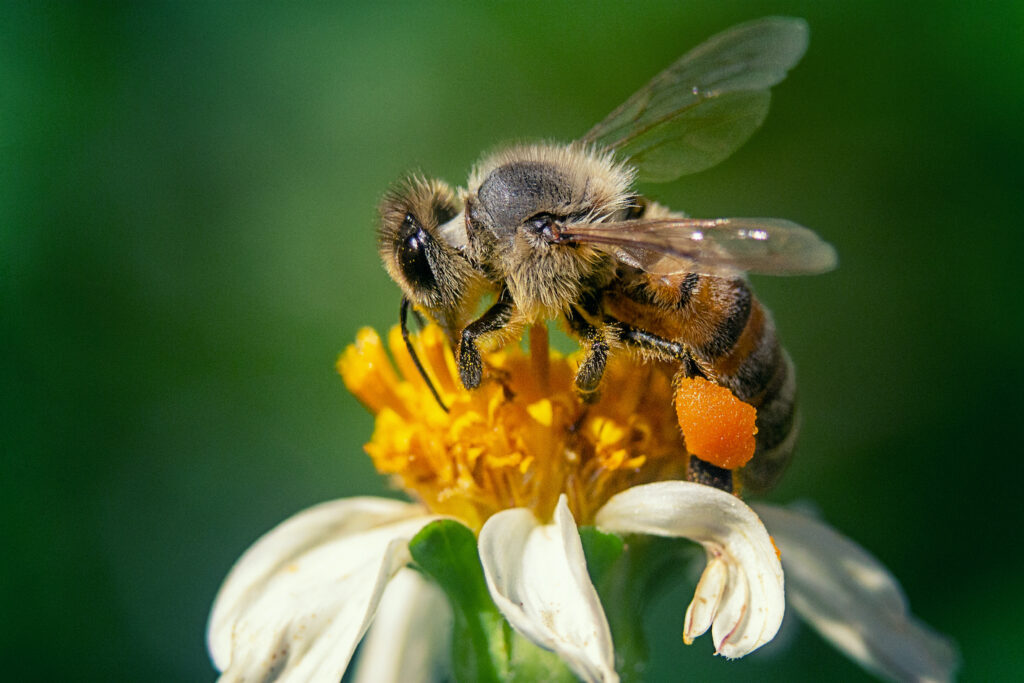
7 actions to take care of bees
The worldwide population of bees has decreased considerably, and any action taken to protect this species is invaluable; The good news is that we can all help to conserve them while taking care of our own survival.
We share 7 very simple actions that you can take immediately and become, like us, Guardians of Wildlife:
1. Don't be afraid if they are around
Bees do not usually sting deliberately; they only do so in cases where they feel danger. If you see a bee flying near you, stay away from it. If you are stung by a bee, it will cause only brief pain and swelling, but the insect will lose the sting and, with it, a part of its digestive system, which imminently represents its death.
2. Take care of their home
Finding a hive or swarm near your home or places you frequent can be scary, but there are places you can report them to so they can be moved and relocated in safer environments, for them and for you. Take a look at the directory of associations around the world, in the United States and Mexico.
3. Invite them to lunch!
If you have fruit trees, allow bees to feed on their fruits. It is crucial to avoid the use of insecticides and pesticides. Only if strictly necessary, apply it when the flowers are still closed. In return, the bees will help your future crops.
4. Help them regain energy
If you see a bee walking without enough energy to get back on its way, you can help it by placing a small amount of sugar water nearby, so that the bee regains strength and continues its journey.
5. Plant flowers
If you have a garden or potting area, plant flowers so that bees and other pollinating species can find shelter and pollen to feed on.
According to Greenpeace, the best flowers for them are: facellia, marigold vetch, sainfoin, red clover, alexandrine clover, Persian clover, alfalfa, coriander, cumin, parsnip, dill, borage, rosemary, zulla, sunflower, mallow, marigold, buckwheat, fennel, lavender, and yellow sweet clover.
6. Eat local honey
Bee honey greatly benefits your health as it is a source of antioxidants, helps heal wounds, prevents digestive problems, calms sore throats, and has antibacterial and antifungal agents, among others. By buying honey from nearby beekeepers, freshness and properties remain intact, and your purchase helps beekeepers continue to maintain their hives.
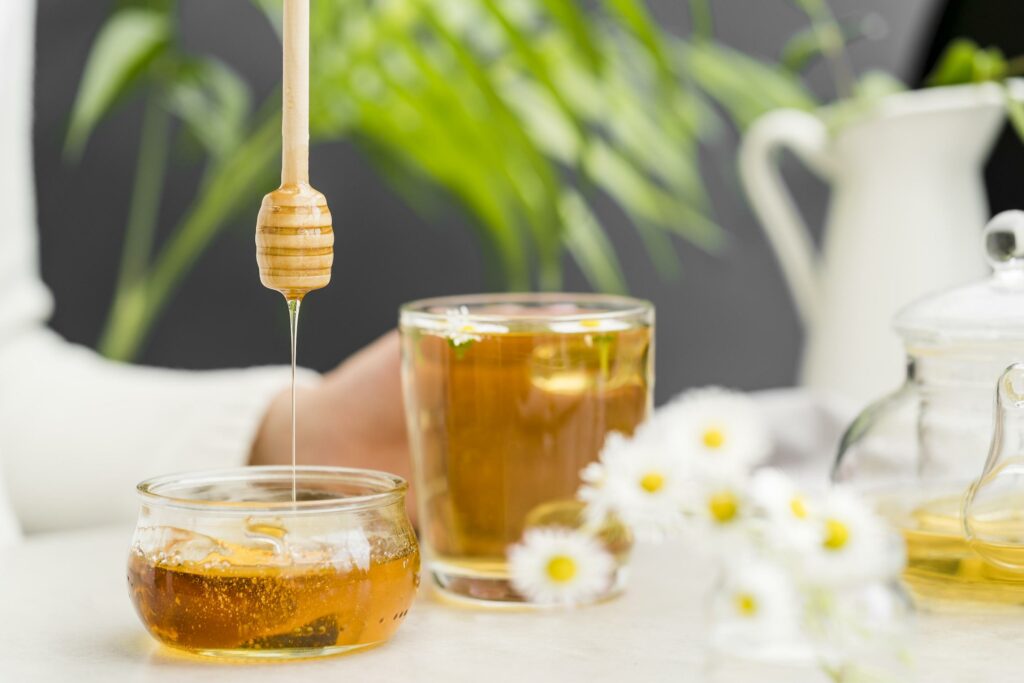
Riviera Nayarit guardians
Particularly in Riviera Nayarit, a very active area in honey production receives, many bees choose Grand Velas to build their hives and combs and take a break. That is why it has been created the Wildlife Guardians program that seeks to protect the hives and swarms to ensure the preservation of these species.
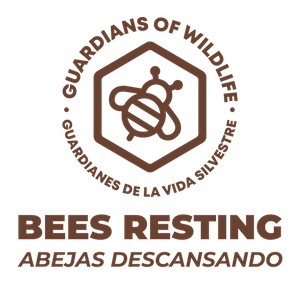
Relocating a hive represents a huge effort, resulting in the loss of bees and a risk for those who handle it.
During your visit to Grand Velas Riviera Nayarit you may notice some wooden boxes installed along the property, which work as "temporary suites" for bees. These shelters —easily identified by the legend "Guardians of Wildlife / Bees resting"— are conditioned with honey and pheromones to attract bees inside. They serve as artificial hives that can be easily moved and relocated, a task we undertake along with apiaries such as AZPER Guardian of life, who carry out the laudable work of rescuing any animal at risk of ending its participation in the cycle of life. They also hold conferences and training courses on topics related to Biology and have an apiary to integrate the rescued bees into resident colonies, surrounded by a natural ecosystem, to continue their work and reproduction cycles.
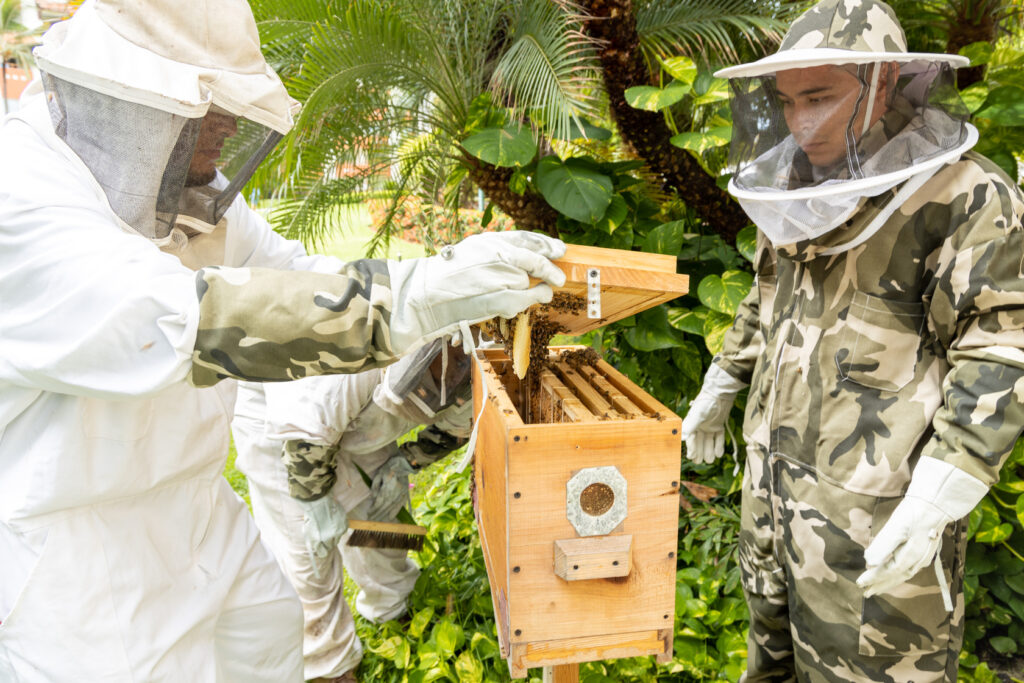
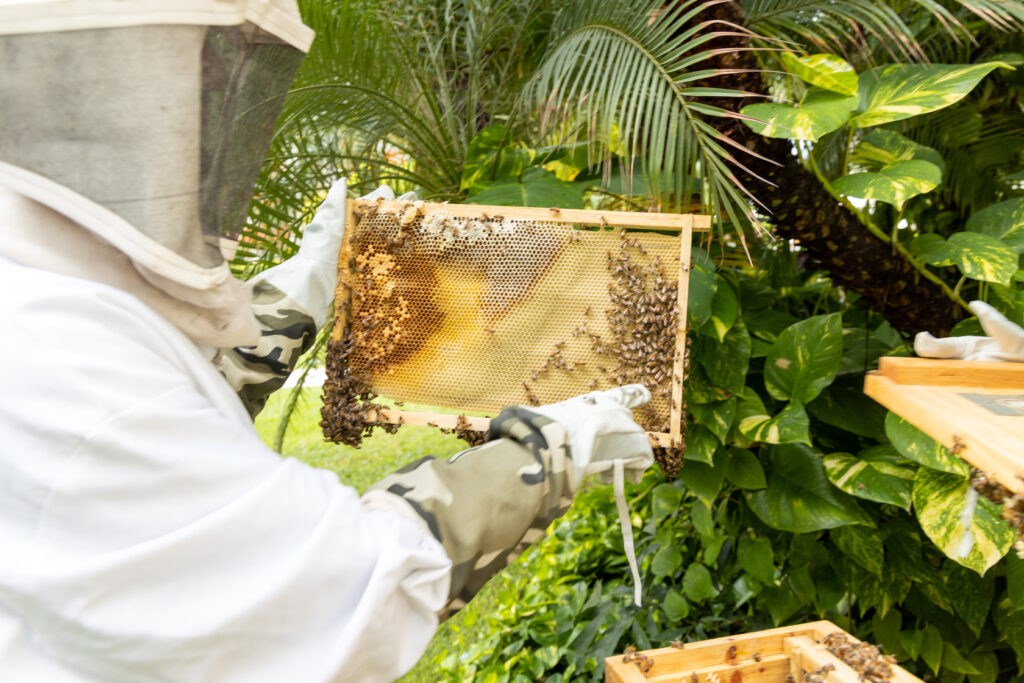
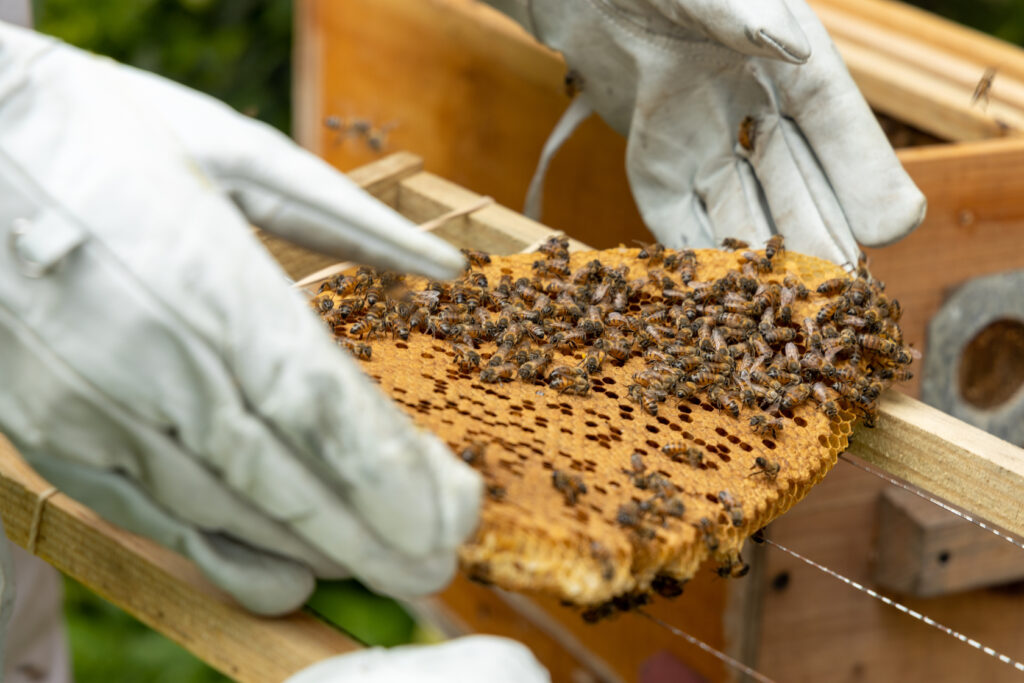
Apiaries are usually located in arable land, or wild areas with abundant flora bees pollinate. The taste and texture of the honey they produce vary depending on the type of flora they feed on. Apiaries are authentic sanctuaries for bees to remain away from human and vehicular tracks; they provide protection from the wind and extreme temperatures and are a water source for bees.
Mayan sacred species
Riviera Maya stands out for its endless flora and fauna that we find all around it. There are more than 20,000 species of bees on the planet; within this large number are the native stingless bees, and it is estimated that many have been in the Yucatan Peninsula for 60 million years.
The most representative species in this area is the Melipona Beecheii bee, which stands out because it only harvests the blooms of plants with medicinal properties. The Mayans recognized this and considered them sacred.
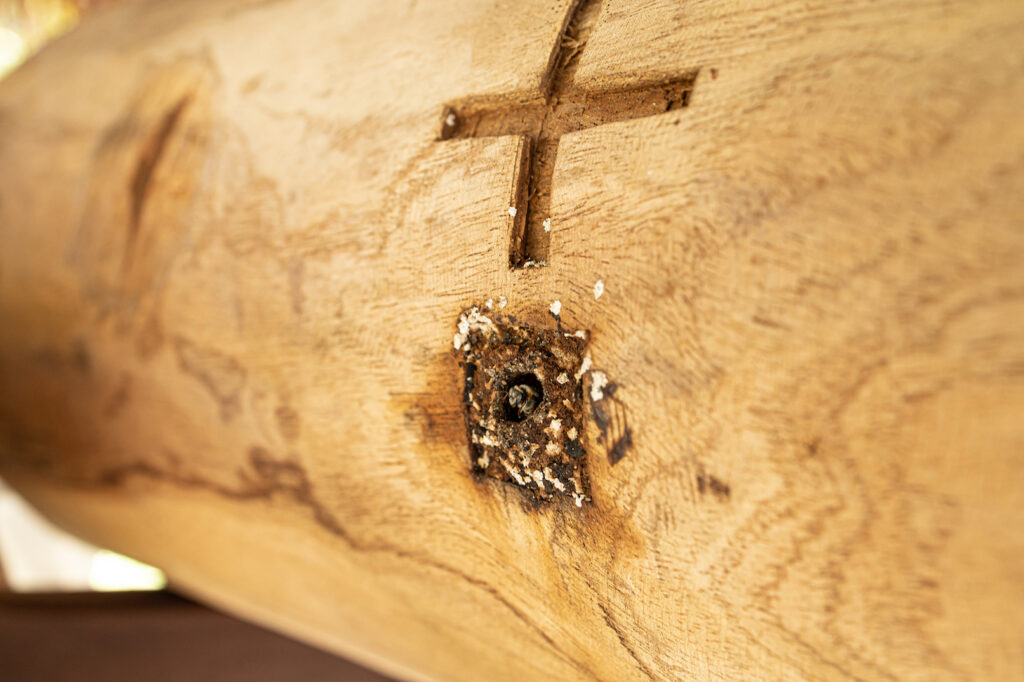
A Melipona bee hive produces around 50 fl. oz. of honey in a year, unlike the European bee that produces up to 1,000 fl. oz. of honey in the same period of time. This is a very precious product not only because of its scarcity but also because of the multiple health benefits attributed to it within traditional Mayan medicine.
Their life cycles have been understood since ancient times, and since then, the way of handling them has remained intact, joining the traditional Mayan way of life; the bees are raised near the houses in "jobones" that are hollow trunks with a lid of wood that resembles the natural habitat of the meliponas and where the honey harvest can be carried out.
A new experience at Grand Velas Riviera Maya
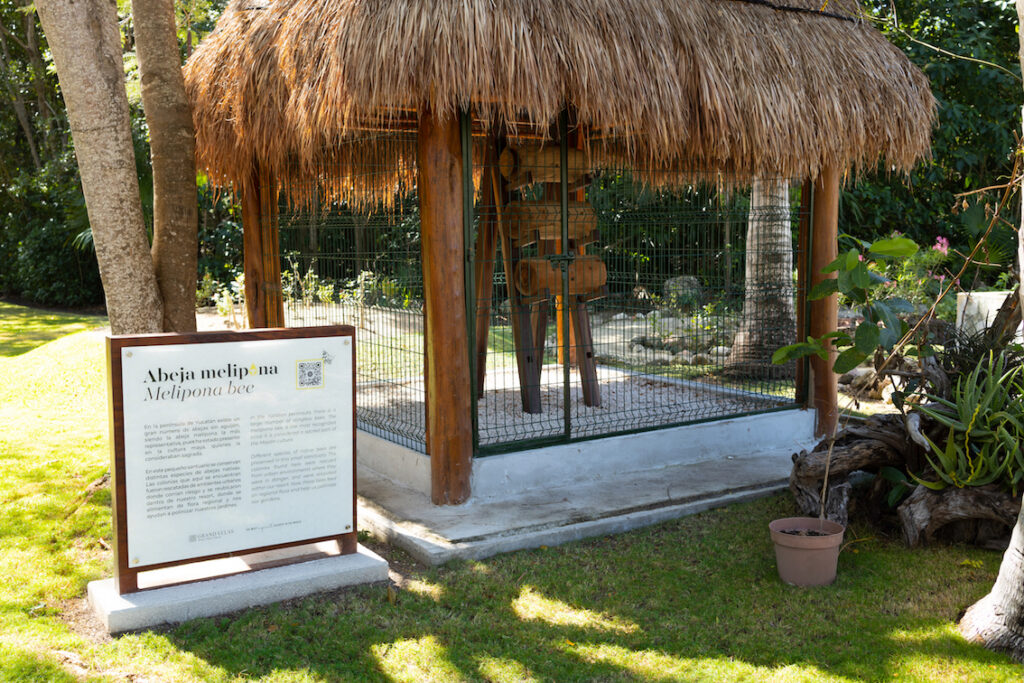
Grand Velas Riviera Maya has taken the initiative to rescue the native stingless bees or meliponas, creating a Meliponary, which is a special place for the colonies that have been rescued.
To preserve them and take care of their honey production, and as part of the Luxury All-Inclusive Grand Velas stay, the resort offers an experience that invites you to learn more about this incredible specie. The new eco-tour begins with a visit to the resort's organic orchard, where you'll learn about the pollination process and the importance of the Melipona bees.
Afterward, Nahúm Velasco, head chef of the renowned Cocina de Autor restaurant, will lead you to a honey tasting that blends flavors and textures from around the world. You'll also have the opportunity to enjoy a honey and cheese tasting served alongside Velasco's homemade mead.
To make your experience even more memorable, you'll be given a take-home bee alebrije along with an activity book for the youngest members of the family.
Can we count on you to preserve these friendly species?
